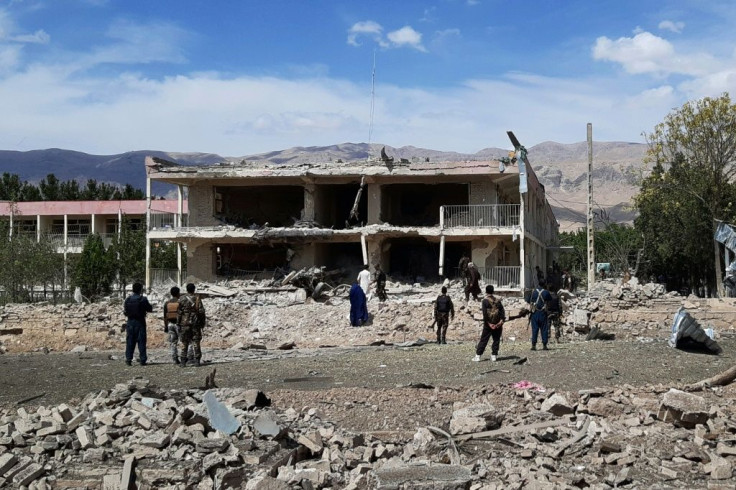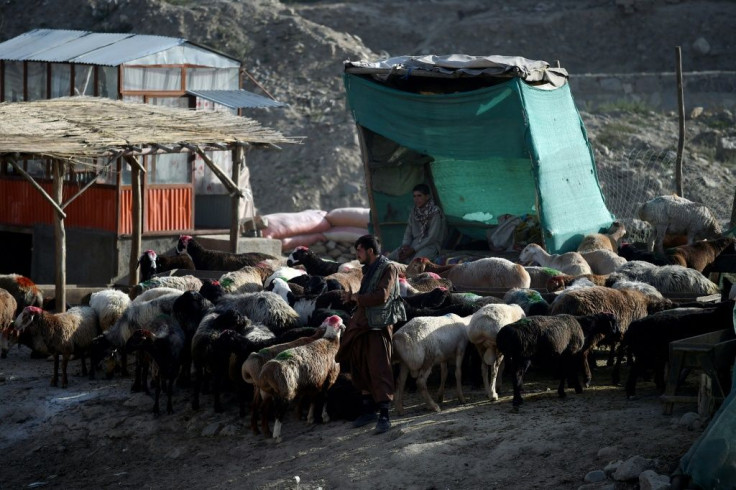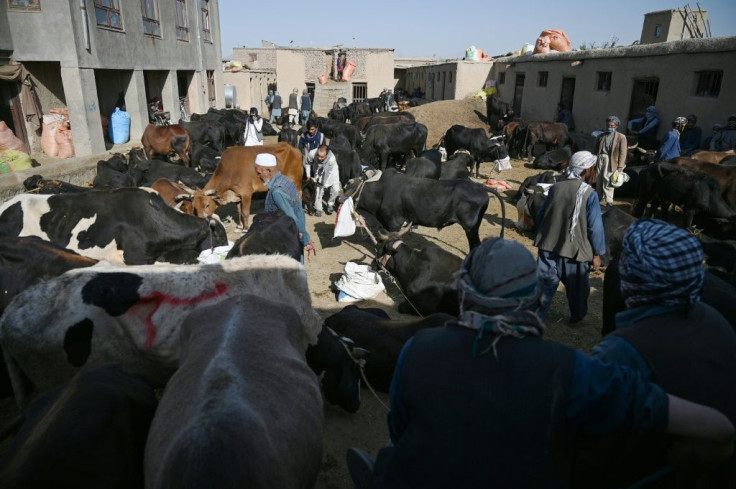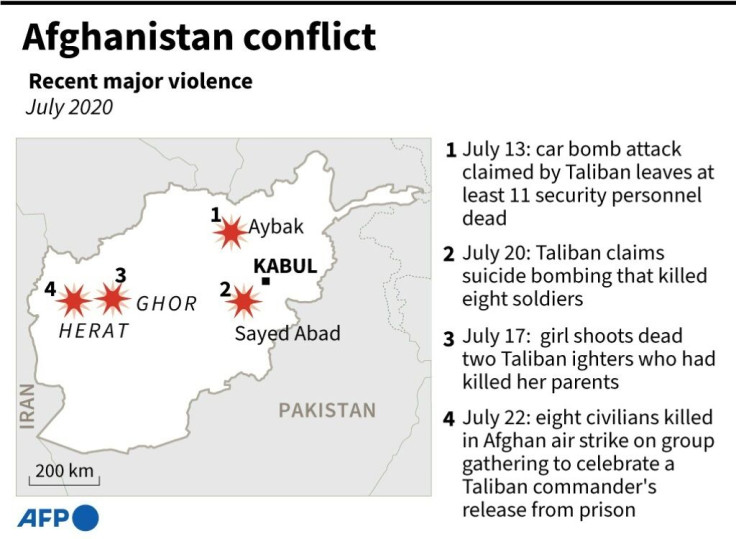Afghans Demand Permanent Ceasefire Ahead Of Peace Talks
Afghans on Wednesday welcomed a three-day ceasefire but called for it to be made permanent, after the government and the Taliban said they would observe a truce that could kickstart peace talks as soon as next week.
The foes this week announced a temporary stoppage in Afghanistan's war, only the third official pause in nearly 19 years. It is slated to start Friday and run for the duration of the Eid al-Adha Muslim festival.
Ali, a Kabul shopkeeper who only gave one name, said three days was insufficient.

"We want peace forever," he told AFP. "We have the right to live in peace like other countries, we want our country to develop. We are all -- old and young -- tired of this war."
The Taliban -- who over the years have steadfastly dismissed government ceasefire calls and upped violence even after signing a deal with the US -- announced they would down weapons after President Ashraf Ghani signalled progress in a contentious prisoner exchange.
He said Kabul would "soon" finish the swap that will see Afghan authorities free 5,000 Taliban members while the insurgents release 1,000 government forces.
Late Wednesday, the Taliban said they would complete the release of government prisoners by Eid as a "goodwill gesture".

"The other side should also complete the release process of all the 5,000 prisoners" so peace talks can begin, Taliban spokesman Suhail Shaheen said on Twitter.
The swap, detailed under a US-Taliban deal signed in late February in Doha, is a crucial step to talks starting.
Both Ghani and the Taliban have said negotiations could begin next week once the exchange is completed.

Ghani's spokesman Sediq Sediqqi told AFP that while Kabul would observe the ceasefire, he cautioned it did not go far enough.
"The people of Afghanistan demand a lasting ceasefire and the start of direct talks between the Taliban and the government of Afghanistan," Sediqqi said.
Fawzia Koofi, a prominent women's rights campaigner and member of the government's negotiating team, said on Twitter she was "hoping for a lasting and permanent ceasefire".

Top US officials also hailed developments, including special envoy Zalmay Khalilzad, who arrived in Kabul on Wednesday as part of a regional tour to push the peace process.
Zabihullah Mujahid, the Taliban's spokesman for military operations, said insurgents must "refrain from carrying out any operation against the enemy during the three days and nights of Eid al-Adha so... our countrymen would spend the Eid with confidence and joy."
The only other ceasefires in the long Afghan war came in June 2018 and May this year to mark the end of the holy month of Ramadan.
Those ceasefires prompted widespread relief across Afghanistan but were short-lived, with the insurgents returning to the fight straight afterwards to resume near-daily attacks.
The US-Taliban deal stated that the militants and Kabul should start direct peace talks on March 10, following the prisoner swap.
That date passed amid political disarray in Kabul and disagreements over the exchange, with Afghan authorities saying some released Taliban inmates were returning to the battlefield.
Highlighting the toll on civilian and military forces in the months since the deal, Ghani said more than 3,500 Afghan troops had been killed.
He said 775 civilians had also been killed and another 1,609 wounded since the deal.
The UN Assistance Mission in Afghanistan has blamed the Taliban for the bulk of civilian casualties during the first half of 2020.
Observers say the bloodshed highlights the Taliban's determination to push for broad control in Afghanistan, and underscores how little the US can do to stop them.
The US-Taliban deal "was not designed to bring peace to Afghanistan, but to facilitate a face-saving exit of US forces and engagement from Afghanistan", said Nishank Motwani, deputy director at the Afghanistan Research and Evaluation Unit.
"The Taliban fundamentally believe that victory is theirs."
© Copyright AFP 2024. All rights reserved.





















